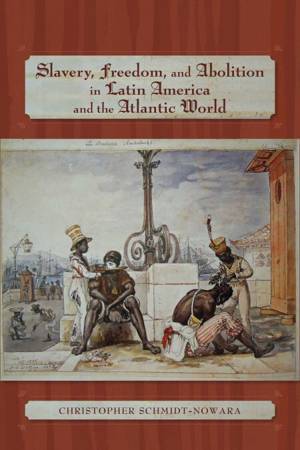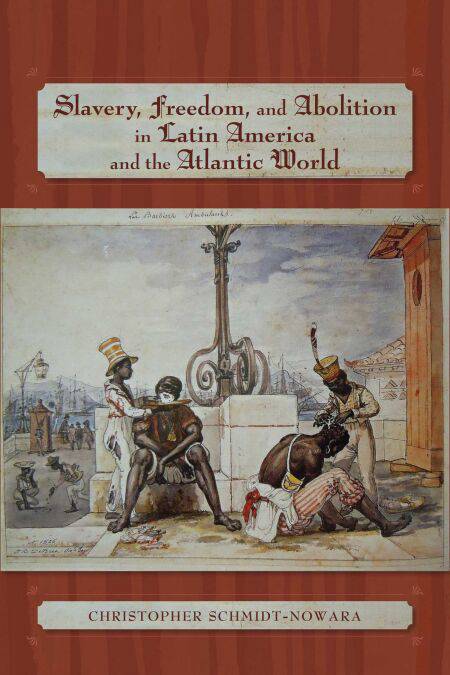
- Afhalen na 1 uur in een winkel met voorraad
- Gratis thuislevering in België vanaf € 30
- Ruim aanbod met 7 miljoen producten
- Afhalen na 1 uur in een winkel met voorraad
- Gratis thuislevering in België vanaf € 30
- Ruim aanbod met 7 miljoen producten
Zoeken
Slavery, Freedom, and Abolition in Latin America and the Atlantic World E-BOOK
Christopher Schmidt-Nowara
€ 26,83
+ 26 punten
Uitvoering
Omschrijving
The last New World countries to abolish slavery were Cuba and Brazil, more than twenty years after slave emancipation in the United States. Why slavery was so resilient and how people in Latin America fought against it are the subjects of this compelling study.
Beginning with the roots of African slavery in the fifteenth- and sixteenth-century Iberian empires, this work explores central issues, including the transatlantic slave trade, labor, Afro-Latin American cultures, racial identities in colonial slave societies, and the spread of antislavery ideas and social movements.
A study of Latin America, this work, with its Atlantic-world framework, will also appeal to students of slavery and abolition in other Atlantic empires and nation-states in the early modern and modern eras.
Beginning with the roots of African slavery in the fifteenth- and sixteenth-century Iberian empires, this work explores central issues, including the transatlantic slave trade, labor, Afro-Latin American cultures, racial identities in colonial slave societies, and the spread of antislavery ideas and social movements.
A study of Latin America, this work, with its Atlantic-world framework, will also appeal to students of slavery and abolition in other Atlantic empires and nation-states in the early modern and modern eras.
Specificaties
Betrokkenen
- Auteur(s):
- Uitgeverij:
Inhoud
- Aantal bladzijden:
- 222
- Taal:
- Engels
- Reeks:
Eigenschappen
- Productcode (EAN):
- 9780826339058
- Verschijningsdatum:
- 21/06/2011
- Uitvoering:
- E-book
- Beveiligd met:
- Adobe DRM
- Formaat:
- ePub

Alleen bij Standaard Boekhandel
+ 26 punten op je klantenkaart van Standaard Boekhandel
Beoordelingen
We publiceren alleen reviews die voldoen aan de voorwaarden voor reviews. Bekijk onze voorwaarden voor reviews.








